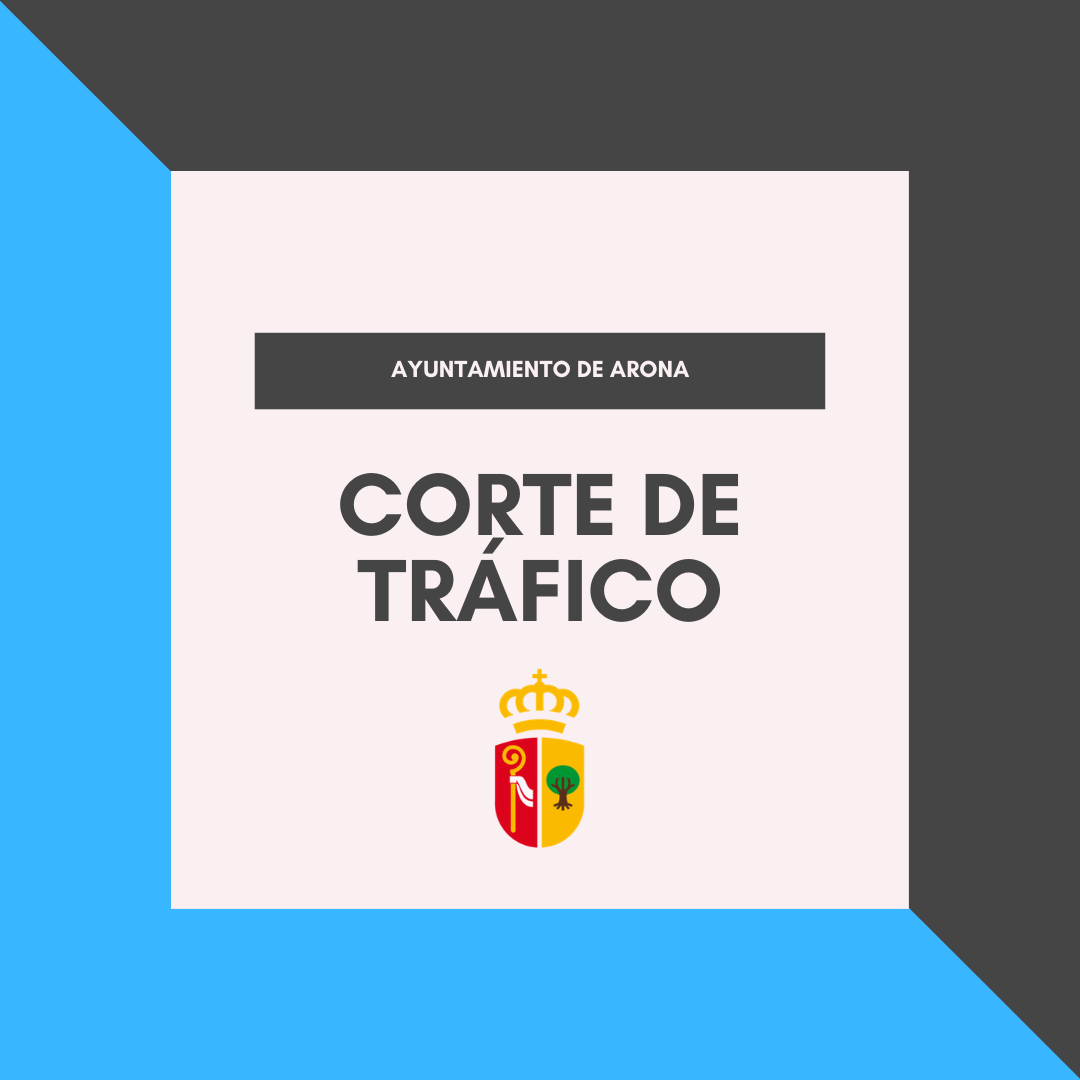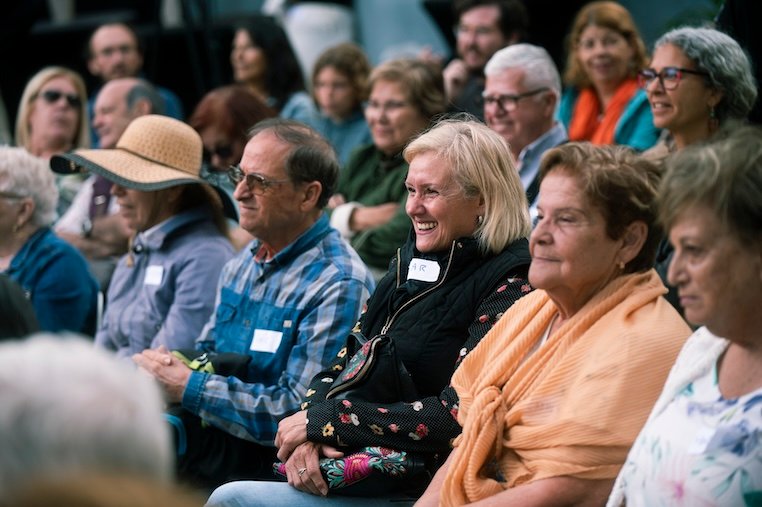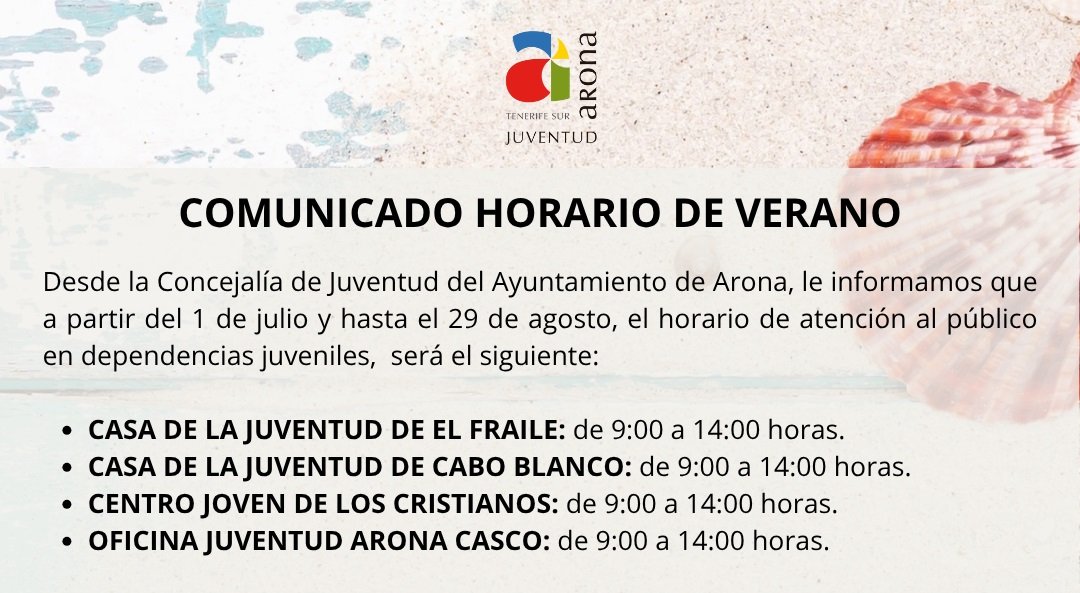The writer, journalist, and politician wrote his novels after his three-year stay on Lobos Islet, making it the literary work with the most references to early 20th century FuerteventuraS
The Small Pier of Corralejo has hosted the presentation of the book that compiles the short novels Lobos Island, Maloficio, and Thirst by the writer, journalist, and politician José Rial. This edition is sponsored by Raúl Miranda López, who has facilitated and financed it, with the selfless support of the writer, also from Fuerteventura, Marcos Hormiga.
The book presentation was made possible through the coordination of the Fuerteventura Island Council and the La Oliva City Council, from their Cultural departments. Present at the event were Raúl Miranda and Marcos Hormiga, in addition to the president of the Fuerteventura Island Council, Lola García, the Culture advisor, Rayco León, the Culture councilor of the La Oliva City Council, David Hernández, as well as the president of the Juan Negrín Foundation, José Medina, and the historian Néstor Hernández.
Lobos Island, Maloficio, Thirst is a facsimile of three independent narratives, crafted by José Rial. As explained by Raúl Miranda and Marcos Hormiga, they conceived this new edition of the novels after visiting the exhibition ‘José Rial (1888-1973) Struggle, Commitment, and Reconstruction’ at the Juan Negrín Foundation, an entity that houses José Rial’s archive, curated by Néstor Hernández.
The president of the Fuerteventura Island Council, Lola García, stated that «José Rial was more than just a writer. He was a committed man, defender of social justice, and an ally of the fishermen from Fuerteventura, whose reality he knew closely.» «From the Council, I am proud that we can contribute to rescuing and showcasing his figure, which is part of our cultural heritage.» For the Culture advisor, Rayco León, «it is important to recognize the life and artistic trajectory of the author, especially linked to the collective memory of Fuerteventura.»
The mayor of La Oliva, Isaí Blanco, expressed: «For us, it is vital to continue focusing on these projects so that the history of who we were reaches the new generations as an inheritance that they must transmit with affection and dedication so that it is never lost.» The Culture councilor, David Hernández, noted that «this book helps us to continue enriching our cultural heritage and identity as an island, thanks to the selfless work of Raúl Miranda and Marcos Hormiga in bringing the lighthouse keeper of Lobos back to life through this book.»
Literary Work
José Antonio Rial Vázquez (Olangapoo, Philippines, 1888 – Santa Cruz de Tenerife, 1973) spent three years in Fuerteventura, which would end up shaping his life and work as a writer. But, at the same time, it also influenced the lives of the people from Fuerteventura, especially the fishermen of the island.
In 1913, he took on the role of ‘lighthouse keeper’ at the Martiño Lighthouse on Lobos Islet. At only 24 years old, he arrived with his wife and two children on February 22, staying on the islet until 1916 when he was transferred to the La Isleta Lighthouse (Gran Canaria). According to historian Néstor Hernández in the publication’s prologue, after leaving Lobos Islet behind, Rial continued to be involved with Fuerteventura, promoting the establishment of fishermen’s cooperatives (State-supported cooperative associations) in Corralejo and Gran Tarajal, along with their respective schools. These cooperatives represented a unique opportunity for fishermen’s families and the improvement of their conditions: education, healthcare, marketing, etc.
Additionally, he spread the traditions and culture of Fuerteventura by publishing three short social novels: Lobos Island, Maloficio, and Thirst. His stay in Fuerteventura is reflected in these three novels, portraying the poverty and the bossism dominated by an elite based in Las Palmas de Gran Canaria, and other adversities faced by the population at that time. In his work, Rial also highlights the resilience of the people from Fuerteventura in the face of challenges.
During his tenure as editor-in-chief of La Provincia (1927-1930), José Rial worked to improve the living conditions of the people from Fuerteventura. He put Corralejo and Fuerteventura on the map of social policies, projecting the name of the island, its culture, traditions, and issues beyond its borders.
«No other published literary work is known to have so many references to early 20th century Fuerteventura,» as stated by Néstor Hernández López in the prologue, concluding that «it is only fair that, almost a hundred years after his exile and his neglect, his work receives the recognition it deserves.»






